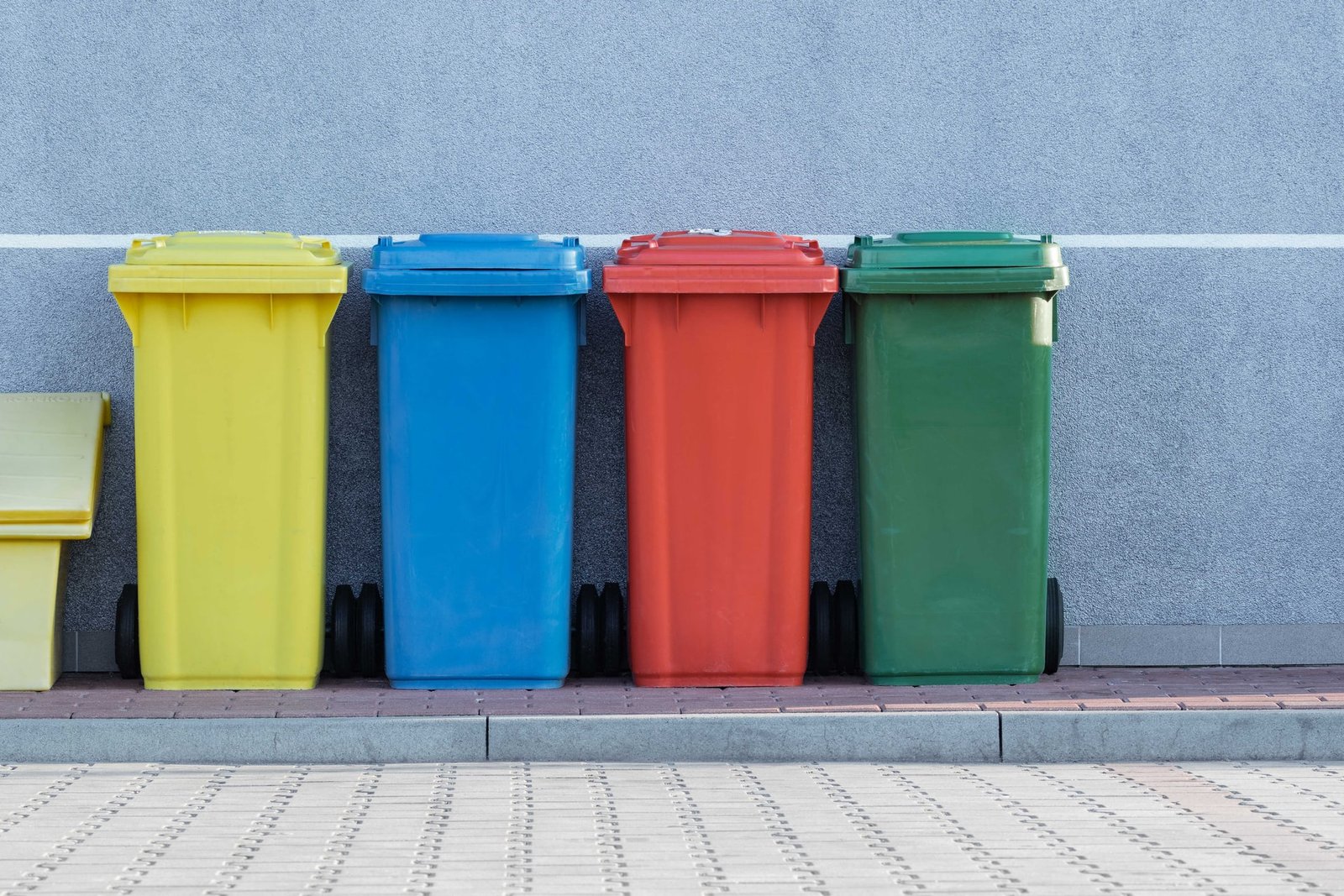This article covers everything you need to know about commercial waste management and its role in a successful business. It provides an overview of current best practice methods and provides you with the information you need to get started today. This article is packed with the knowledge your company needs on how to manage waste efficiently. You can read about how you can reduce the amount of waste your business produces, which will save you money in the long-run and help to protect the environment at the same time.
What is Waste?
A leading Sydney rubbish removal company, experts in waste management explain, waste is basically any garbage, trash, junk or rubbish that we produce as a result of our day-to-day life. This type of waste includes plastic, paper, food scraps, and packaging material. Waste Management is the process of reducing, reusing, and recycling waste materials. Waste management also includes each individual’s daily effort to reduce their consumerism, recycle more things and reduce their carbon footprint.
Waste management is a big, big industry. It’s not only about collecting trash and recycling, but it’s also about preventing the creation of waste in the first place. That means if you’re going to make a purchase, be sure to consider the environmental impact of your purchase before you put that money down and make it green!
The Process of Waste
Waste is generated by all living things. This usually creates a complex and tangled web of waste. It can be divided into four different categories: Municipal, Industrial, Agricultural, and Residential. These categories then further break down into three subcategories: Solid Waste, Liquid Wastes, and Gases.
Waste management is a complicated process. The transportation, collection, and disposal of waste are all very important steps to getting rid of waste. The process starts by sorting the trash into categories based on its type and value. Then, the trash is hauled to a central location for sorting purposes. All recyclable materials are collected and sent back to the manufacturer where they are used again or recycled for other products.
Also read: Charged Particle 8 letters Crossword Clue
Benefits of Proper Waste Management
Waste management is something that cannot be done without a certain degree of knowledge. Waste management in the home, especially regarding food waste, can help you save money and reduce waste. Here are some tips to make your food waste more manageable.
Waste management services can help a business to improve their bottom line and decrease the environmental impact of their operations. The non-recyclable materials that are collected by these services will be recycled and potentially turned into new products. Investing in this service can make a big difference in the long run.
Recycling
Recycling is a process that allows you to turn trash into useful products. There are many different types of recycling and they include organic, commercial, industrial, construction, and municipal recycling. Some of the benefits of recycling include having less landfills, not contributing to climate change or global warming, and reducing pollution.
Also read: Importance of CNC machines in the manufacturing sector
Conclusion
Although not intended for pure e-waste, many recyclers are open to accepting such materials due to the increased demand for recycled products. When shopping for a recycler, make sure that they have a history of recycling. You can also find information on whether or not they will charge fees for sorting through your electronics, which you should inquire about before throwing out any items.
